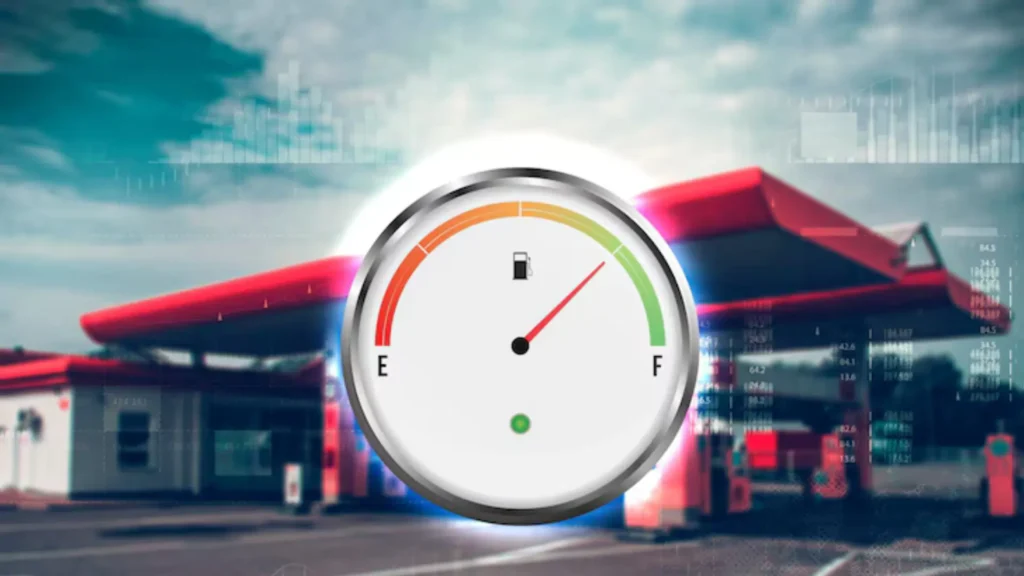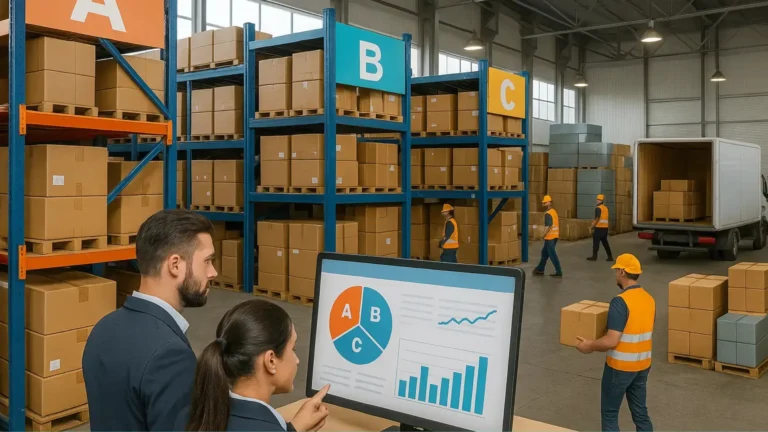
Fuel Efficiency in Transportation
In an era of rising fuel costs and increasing environmental concerns, maximizing fuel efficiency in transportation is more critical than ever. The impact of fuel prices on transportation has pushed both fleet managers and individual drivers to seek smarter, more sustainable practices. Whether you manage a large fleet or simply drive your vehicle, adopting best practices for fuel efficiency can significantly reduce expenses and minimize your carbon footprint.
Understanding the Factors Affecting Fuel Efficiency
Several factors influence fuel consumption in transportation, including:
- Vehicle Maintenance: Properly maintained vehicles operate more efficiently.
- Driving Habits: Aggressive driving, excessive idling, and speeding consume more fuel.
- Vehicle Load: Overloading vehicles reduces fuel efficiency.
- Tire Pressure: Underinflated tires increase rolling resistance and fuel consumption.
- Aerodynamics: Vehicle design and external factors like wind resistance affect fuel efficiency.
- Route Planning: Efficient route optimization can minimize cost, travel distance and time.
- Fuel Quality: Using high-quality fuel can improve engine performance and fuel efficiency.

Best Practices for Fuel Efficiency in Transportation
Vehicle Maintenance
- Regular Tune-Ups: Ensure regular engine tune-ups, including oil changes, air filter replacements, and spark plug inspections.
- Tire Maintenance: Maintain proper tire pressure, rotate tires regularly, and use fuel-efficient tires.
- Air Filter Maintenance: Clean or replace air filters regularly to ensure optimal engine performance.
- Fluid Checks: Regularly check and maintain fluid levels, including engine oil, coolant, and transmission fluid.
- Vehicle Inspections: Conduct regular vehicle inspections to identify and address potential issues early on.
Driving Habits
- Smooth Acceleration and Braking: Avoid aggressive acceleration and hard braking, which consume more fuel.
- Maintain Consistent Speed: Use cruise control on highways to maintain a consistent speed and minimize fuel consumption.
- Avoid Excessive Idling: Turn off the engine when stopped for extended periods.
- Anticipate Traffic: Look ahead and anticipate traffic flow to avoid unnecessary braking and acceleration.
- Lighten the Load: Remove unnecessary items from your vehicle to reduce weight and improve fuel efficiency.
Route Planning and Logistics
- Optimize Routes: Plan routes to minimize travel distance and time.
- Avoid Peak Traffic Hours: Schedule deliveries and trips during off-peak hours to minimize congestion.
- Utilize GPS and Navigation Systems: Use GPS and navigation systems to find the most efficient routes.
- Consolidate Trips: Combine multiple trips into one to reduce mileage and fuel consumption.
- Utilize Telematics: If operating a fleet, use telematics to monitor vehicle performance and optimize routes.
Technology and Innovation
- Fuel-Efficient Vehicles: Invest in fuel-efficient vehicles, such as hybrid or electric vehicles.
- Aerodynamic Improvements: Utilize aerodynamic devices, such as spoilers and side skirts, to reduce wind resistance.
- Fuel Management Systems: Implement fuel management systems to track fuel consumption and identify areas for improvement.
- Alternative Fuels: Explore alternative fuels, such as biofuels and natural gas, to reduce reliance on fossil fuels.
Driver Training and Education
- Fuel-Efficient Driving Training:Offer drivers comprehensive training on techniques like smooth acceleration, proper gear usage, and reduced idling to improve overall fuel efficiency.
- Performance Monitoring: Regularly track and analyze driver behavior using telematics to identify fuel inefficiencies and offer actionable feedback for improvement.
- Incentive Programs: Introduce rewards or bonuses for drivers who consistently follow fuel-saving practices, encouraging long-term commitment to efficient driving habits.
Fleet Management
- Regular Maintenance Schedules: Implement strict maintenance schedules to ensure vehicles operate efficiently, reducing fuel consumption and preventing costly mechanical issues over time.
- Vehicle Tracking: Use GPS tracking systems to monitor vehicle location, speed, and performance, helping identify behaviors or routes that waste fuel unnecessarily.
- Data Analysis: Analyze telematics and vehicle data to uncover trends, improve driver behavior, and implement changes that boost overall fuel efficiency.
Conclusion
Adopting best practices for fuel efficiency in transportation is a win-win situation. It not only reduces operating costs but also minimizes environmental impact. By implementing the strategies outlined above, businesses and individuals can contribute to a more sustainable and efficient transportation sector.




